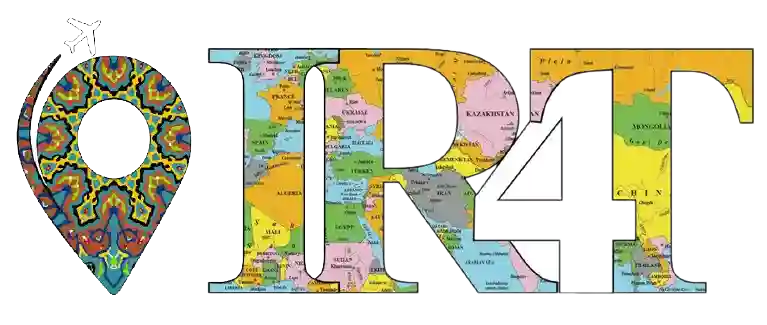Radiology is the medical specialty that uses medical imaging to diagnose and treat diseases within the human body.A variety of imaging techniques such as X-ray radiography, ultrasound, computed tomography (CT), nuclear medicine including positron emission tomography (PET), and magnetic resonance imaging (MRI) are used to diagnose or treat diseases. Interventional radiology is the performance of usually minimally invasive medical procedures with the guidance of imaging technologies such as X-ray radiography, ultrasound, computed tomography (CT), nuclear medicine including positron emission tomography (PET), and magnetic resonance imaging (MRI). The modern practice of radiology involves several different healthcare professions working as a team. The radiologist is a medical doctor who has completed the appropriate post-graduate training and interprets medical images, communicates these findings to other physicians by means of a report or verbally, and uses imaging to perform minimally invasive medical procedure . The nurse is involved in the care of patients before and after imaging or procedures, including administration of medications, monitoring of vital signs and monitoring of sedated patients. The radiographer, also known as a “radiologic technologist” in some countries such as the United States, is a specially trained healthcare professional that uses sophisticated technology and positioning techniques to produce medical images for the radiologist to interpret. Depending on the individual’s training and country of practice, the radiographer may specialize in one of the above-mentioned imaging modalities or have expanded roles in image reporting.
Radiology Applications:
The first assessment of the patient is usually radiology. The most important applications of radiology are summarized as follows:
A photo of the lung, which is actually a person’s health profile.
– Contrast color images of esophagus, stomach, kidneys, etc.
– Quick and easy examinations of the abdomen, esophagus, stomach, intestines, kidneys, tonsils, kidney stones, etc.
– Diagnosis of fractures which is one of the best diagnostic methods.
– Contrast color photos

